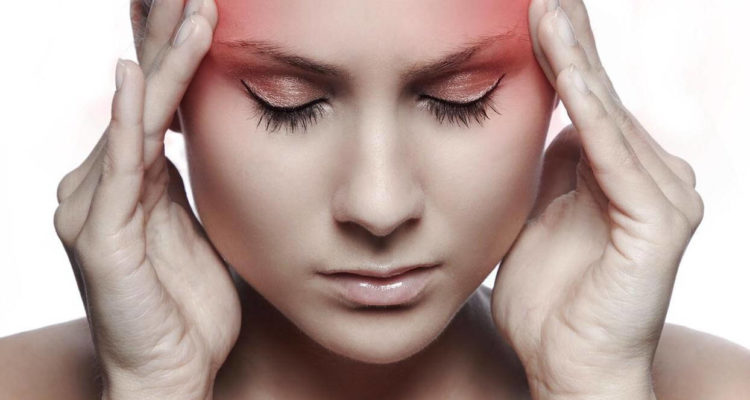
Foods and drinks to avoid if you suffer from migraines
0
A neurologist talked about dietary, environmental and emotional factors that cause migraines, as well as how to reduce the likelihood of a painful headache.
< p>Migraines tend to be inherited, suggesting a genetic link.
In people who are genetically predisposed to migraines, a single episode can be caused by any of a variety of triggers.
“Common” dietary triggers:
- Dehydration
- Skipping meals
- Caffeine consumption
- Alcohol consumption
- Frequent cheese consumption
- Gluten consumption
- Chocolate
- Citrus fruits.
“Specific triggers vary from person to person and change over time,” the neurologist added.
Environmental triggers to consider include:
- Bright lights
- Strong odors
- Cigarette smoke
- Excessive ambient temperature
- Rapid changes in temperature.
“It's important to know what your triggers are, and it may be helpful to keep a migraine diary to help you with this. Once you're aware of your triggers, you need to avoid them as much as possible.”
However, there are some triggers that can't be completely avoided, such as certain emotional states.
According to Dr. Botsenko, feelings of stress or anxiety can trigger migraines, as can depression. In such cases, one of the best ways to minimize migraine frequency is to live a healthy lifestyle.
“Maintain a healthy lifestyle, including a balanced diet and frequent, moderate exercise. Since migraines are often triggered by changes in daily routine, it can be helpful to stick to a regimen that includes regular meals and adequate sleep.”
If you expect to change this routine, try to gently immerse your body in it to minimize disruption and reduce the risk of migraines.
People who still suffer from migraines despite avoiding triggers as much as possible and leading a healthy lifestyle should seek support from their doctor.
Your doctor will advise you on the best treatment for when symptoms flare up.
“This will depend on the frequency and severity of your headaches and will include painkillers, anti-nausea medications and special medications called triptans.”
Migraine prevention
Because fluctuations in a person's daily routine can trigger migraine attacks, people with migraines are more likely to see improvement if they stick to a regular sleep and wake-up time, eat a regular and consistent diet, and do moderate-intensity aerobic exercise every day.
“Some supplements help prevent migraines, including magnesium, riboflavin, coenzyme Q10, and melatonin.”









Leave a Reply